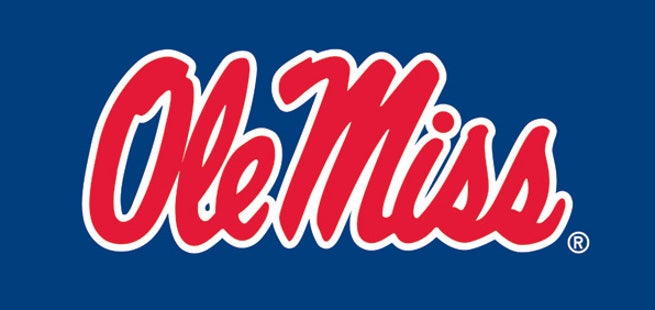University library launches ‘eGrove’ digital archive
Published 9:10 am Thursday, November 14, 2019
The University of Mississippi’s library has taken research into the digital age with its announcement of ‘eGrove.’
Students will be able to use a new digital archive that consolidates and houses the University’s collection of yearbooks, theses, dissertations and other digital media in an easily searchable location.
The new platform is the University’s first-ever institutional repository and a place to find a wide array of scholarly and historic documents, as well as research findings and other items campus groups wish to publish.
“We just want to let people have a place to display their works throughout having additional costs,” said Gail Herrera, assistant dean for technical services and automation professor for library science. “This is a platform that people can use, if they want to use it. It’s an opportunity for them that can also help raise the university’s online profile.”
‘eGrove’ is the product of a process that took the library staff more than a year to work through, and they will begin holding workshops and training sessions soon to get the campus community acclimated to the new resource.
Documents, photographs, recordings and existing digital collections that the staff have migrated to the new platform have transferring to ‘eGrove’ since January, totaling over 43,000 items. Ole Miss yearbooks up to 2013; graduate theses and dissertations from 2010-19 and Honors College theses through 2019 have all been uploaded.
Coming up with the name for the library’s new digital tool came to the library staff fairly easy.
“The Grove is a place where things begin, and where they end,” said Michelle Emanuel, head of metadata and digital initiatives. “It’s more than just a place to tailgate; it’s a place to gather. It’s an outdoor classroom.”
The new archive creates a network of important documents, including a file of theses and dissertations presented at the university, unless the author wishes to keep it private. These documents will become resources researchers across the country can view and hopefully the online presence will create networking opportunities and invitations for collaborations.
More than 25,000 downloads from across the United States and 170 countries have been recorded.
The platform can also house documents from scholarly conferences and symposiums hosted at the university, which could have value to researchers in years to come. Several conferences have been hosted on ‘eGrove’ already, including the recent Comicana which ran last month.
Classroom materials, such as free learning materials, are also available for students and faculty to share on ‘eGrove.’
“It’s a place for the university’s intellectual and creative output, but also its history and its archives will be there,” Emanuel said. “It can be really anything. Your website has the most current information, whereas your repository can store all of your legacy content.”






